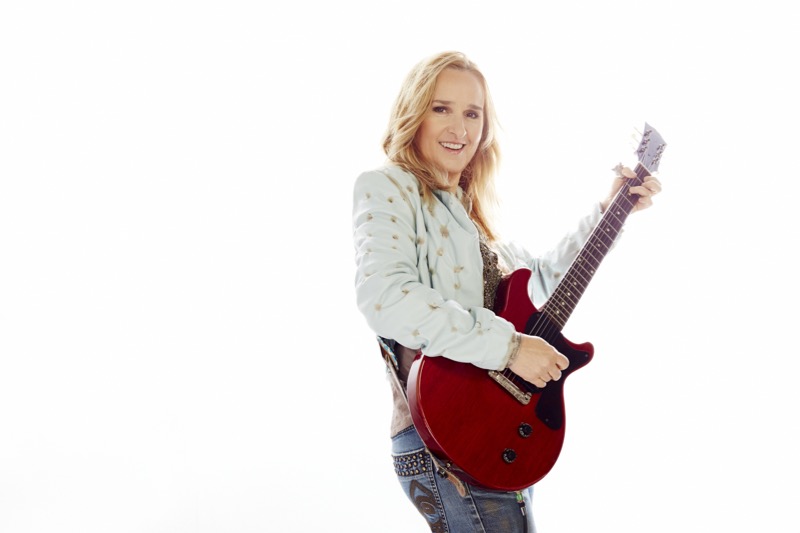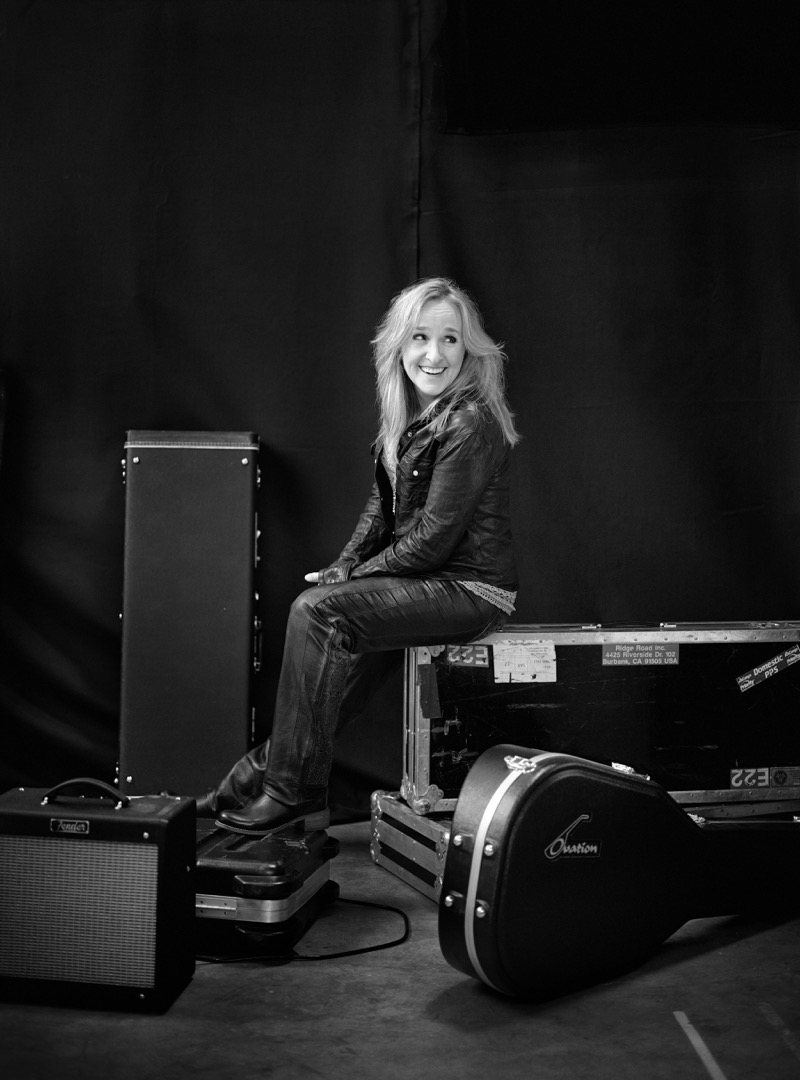
[caption id="attachment_52842" align="alignnone" width="800"] Melissa Ethridge. Photography by John Tsiavis[/caption]
Melissa Ethridge. Photography by John Tsiavis[/caption]
By Michelle Trauring
Melissa Etheridge’s set list depends on a number of factors.
It depends on the feel of the venue, the number of people in the audience and how close they are to the stage. It even depends on the chairs—whether they’re hard or soft—and what is going on in the world.

A recent addition to her set list in Connecticut snared headlines internationally. The song is called “Pulse,” a stirring reaction to the massacre in Orlando that left 49 people dead, 53 injured and a world forever changed—a song the longtime LGBT activist has sung every night since, and one that will also fill the Westhampton Beach Performing Arts Center when she plays an acoustic show on Sunday night.
“That song, that was me trying to understand my own emotions—me brought to my knees by a senseless act of human against human,” she said. “The minute I heard somebody gunned down 49 people on a Saturday night in a gay club, I was like, ‘Oh, I know the pain in that man’s heart who did that. I understand his own hatred of himself, the sadness.’
“I just wanted to raise up and say, look, everybody’s got a pulse. We can create something better from this. We can say these 49 people did not die in vain. After their death, the world did shift. And we’re just now seeing that.”
Last Thursday afternoon, she was calling from the road in Detroit, just a week into her newest tour across the country. The travel can get weary, the 55-year-old singer-songwriter said, and she often misses her family, but “getting out and playing my music is what it’s all about.”
She speaks in the same raspy voice that dominated the radio waves in the 1990s with her Grammy Award-winning hit “Come To My Window” and “I’m the Only One,” a level of success that was merely a far-off dream for a young girl growing up in Kansas.
“Little Melissa was little Missy,” she laughed. “I was a kid who was always interested in music. Music was everything. I started playing when I was 8. Ask anybody from my hometown, nobody’s surprised I made it. I used to carry my guitar around everywhere, that’s who I was.”
It was the feeling behind music that drew her to it. “It was a place to put the emotions that were lacking in my own house, those things that I was not allowed to express in my own household,” she explained. “It was a very repressed house.”
Rock and roll represented strength, protest and anger. Soul fed her pain and sorrow. Country music uplifted her, but also allowed her to crumble when she needed. Music was her life force, she said. The young girl breathed it in and envisioned her end game, which took some time to come to fruition.
“We always have doubts—human beings, we just doubt,” she said. “I have had many a time when I said, ‘When is this going to happen?’ It took many, many years. I was playing the bars in L.A. for five years! I look back now and I realize it made me who I am, and it was the most learning and growing experience I had.”
It inspired her songwriting, she said, as did her love affairs and grappling with them—events that led her to her most famous songs, which fans will absolutely hear in Westhampton Beach, she said.
“There’s nothing like starting a song that everybody knows,” she said. “I still enjoy that, even after playing ‘Come to my Window’ for the 100,000th time. I still love it when other people love it. As I have changed, my writing has changed, too. I have matured and gotten older, so I write about different issues now.”
Ms. Etheridge just finished mixing her next album, “Memphis Rock and Soul,” which will drop in October, she said. For years, friends, fans and fellow musicians alike have asked her when she would record a cover album, and she said the time was never right until now.
The album is a blast to the past, she said, a reimagining of songs by staple singers, such as Otis Redding and William Bell, and an opportunity to “go into the roots of rock and roll, of the people I find my roots in,” she said.
“We look at music as, ‘Oh, that’s just entertainment and that’s outside the real world of work and getting things done,’” she said. “But music only becomes more and more popular and part of our lives, our identities and for our children, too. It’s a big part of growing up and community.
“I see music being very, very important to us as human beings, to express ourselves. Music gives us a place that bypasses the thinking brain—the left brain—and problems, and worry, and regrets.”
She took a deep breath and sighed it back out. “It goes just right, straight to the soul. I’m just grateful.”
Melissa Etheridge will play a concert on Sunday, July 3, at 10 p.m. at the Westhampton Beach Performing Arts Center. Tickets range from $150 to $225. For more information, call (631) 288-1500, or visit whbpac.org.